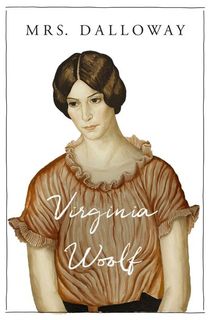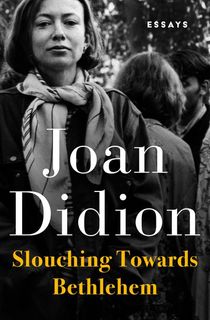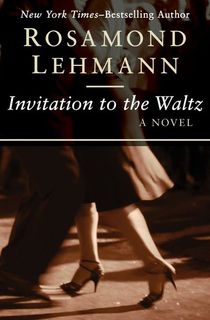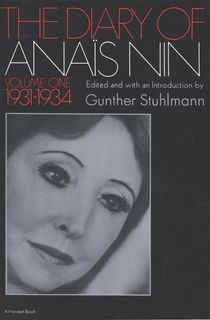There's never a bad time to start a new good habit—and if you ask us, one of the best things you can do is keep a journal.
And hey, we're not the only ones who think so! What better place to turn than to 10 famous writers on keeping a journal, whether it’s for reasons of revenge, remembrance, or re-living the year’s most important moments.
“I’ve been keeping a diary for 33 years and write in it every morning. Most of it’s just whining, but every so often there’ll be something I can use later: a joke, a description, a quote. It’s an invaluable aid when it comes to winning arguments. ‘That’s not what you said on February 3, 1996,” I’ll say to someone.”
—David Sedaris, author of Holidays on Ice, from an interview with The New Yorker, 2009
“These handwritten words in the pages of my journal confirm that from an early age I have experienced each encounter in my life twice: once in the world, and once again on the page.”
—Terry Tempest Williams, author of Refuge: An Unnatural History of Family and Place
“The habit of writing for my eye is good practice. It loosens the ligaments.”
—Virginia Woolf, author of Mrs. Dalloway, To the Lighthouse, Orlando, A Writer's Diary, and many more
“A good journal entry—like a good song, or sketch, or photograph—ought to break up the habitual and life away the film that forms over the eye, the finger, the tongue, the heart. A good journal entry ought to be a love letter to the world.”
—Anthony Doerr, author of All the Light We Cannot See
“Keepers of private notebooks are a different breed altogether, lonely and resistant rearrangers of things, anxious malcontents, children afflicted apparently at birth with some presentiment of loss.”
—Joan Didion, from “On Keeping a Notebook,” Slouching Towards Bethlehem
“Advice to Young Journal Keepers. Be lenient with yourself. Conceal your worst faults, leave out your most shameful thoughts, actions, and temptations. Give yourself all the good and interesting qualities you want and haven’t got. If you should die young, what comfort would it be to your relatives to read the truth and have to say: It is not a pearl we have lost, but a swine?”
—Rosamond Lehmann, from Invitation to the Waltz
“In the diary you find proof that in situations which today would seem unbearable, you lived, looked around and wrote down observations, that this right hand moved then as it does today, when we may be wiser because we are able to look back upon our former condition, and for that very reason have got to admit the courage of our earlier striving in which we persisted even in sheer ignorance.”
—Franz Kafka, from Diaries 1910-1923
“Just now I pick up the blessed diary of Virginia Woolf which I bought with a battery of her novels saturday with Ted. And she works off her depression over rejections from Harper’s (no less! – – – and I hardly can believe that the Big Ones get rejected, too!) by cleaning out the kitchen. And cooks haddock & sausage. Bless her. I feel my life linked to her, somehow.”
—Sylvia Plath, on reading Woolf’s journals, in The Unabridged Journals of Sylvia Plath
“The journal is a vehicle for my sense of selfhood. It represents me as emotionally and spiritually independent. Therefore (alas) it does not simply record my actual, daily life but rather—in many cases—offers an alternative to it.”
—Susan Sontag, from Reborn
“This diary is my kief, hashish, and opium pipe. This is my drug and my vice. Instead of writing a novel, I lie back with this book and a pen, and dream, and indulge in refractions and defractions … I must relive my life in the dream. The dream is my only life.”
—Anaïs Nin from The Diary of Anaïs Nin, Volume 1










